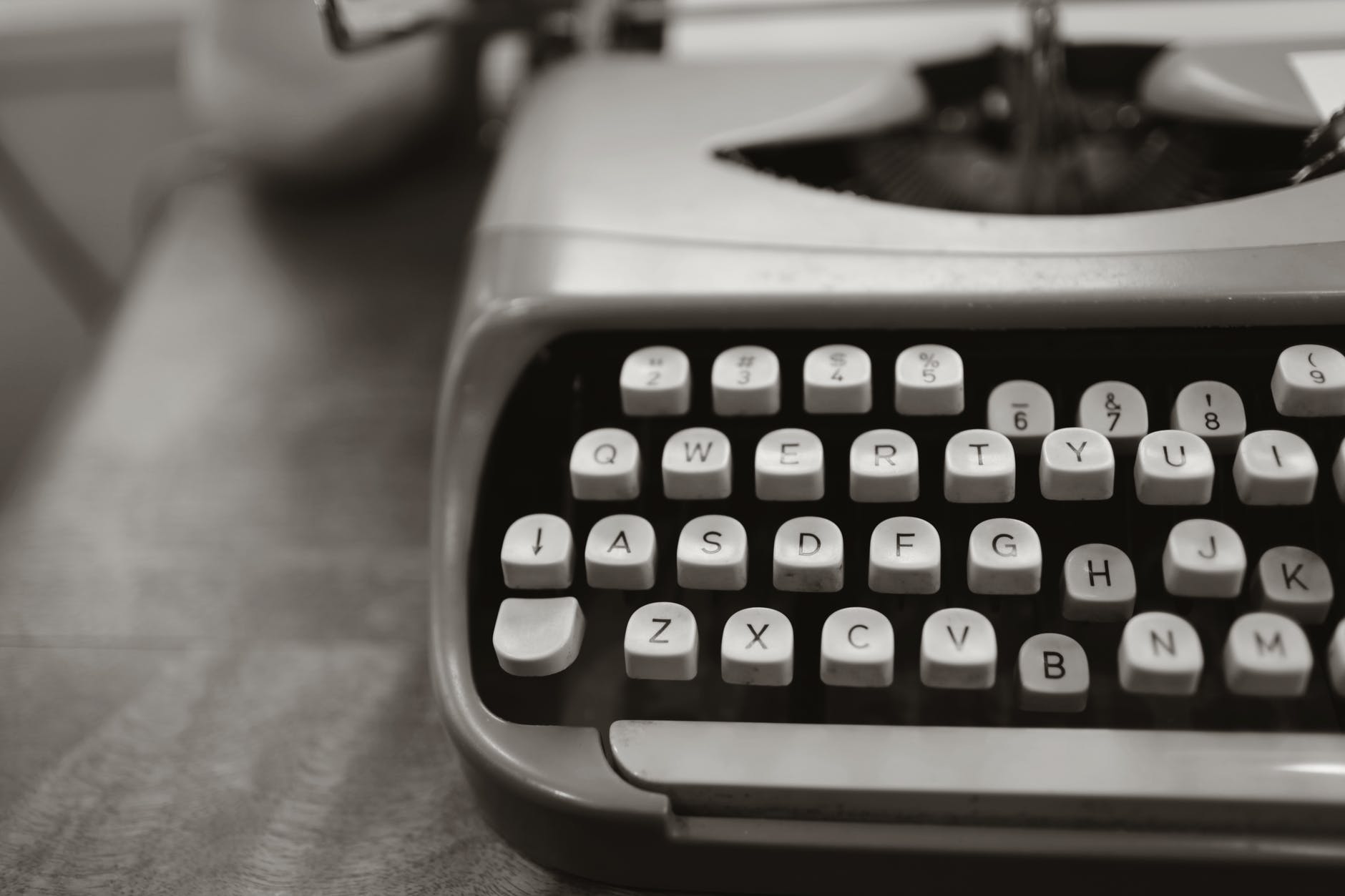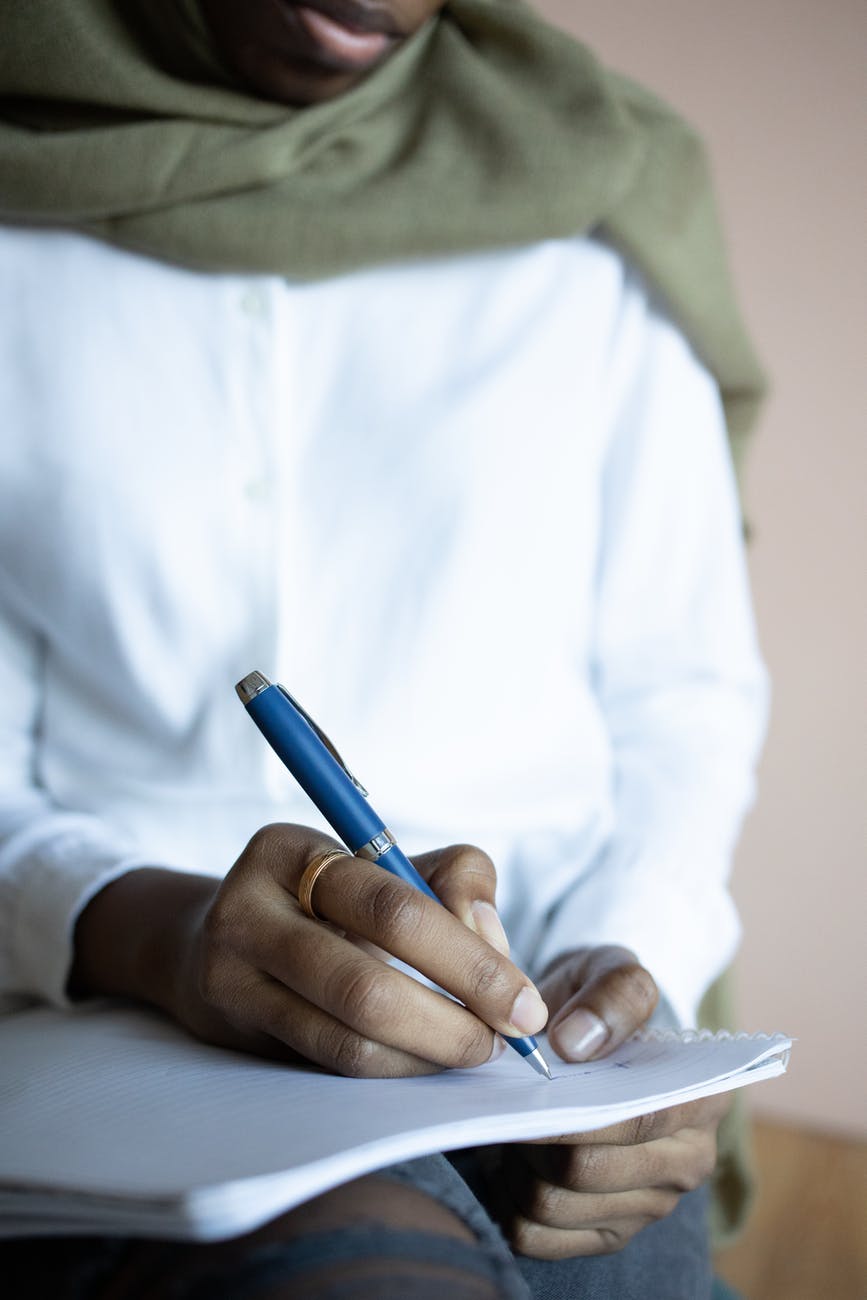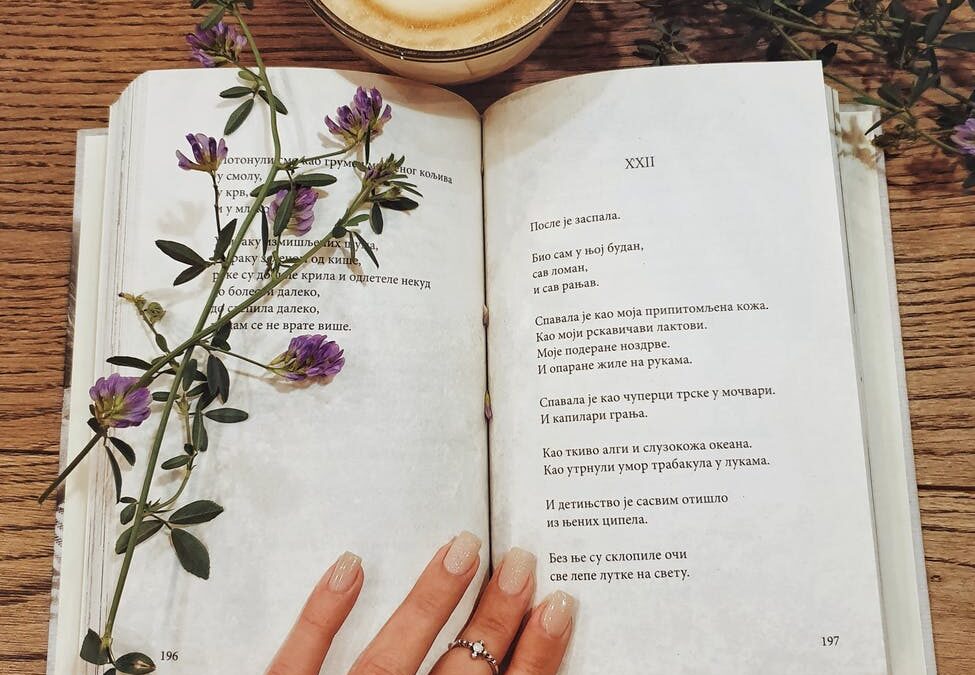Jacob Kawghule shares his thoughts on the evolution of poetry/poetic language and how the 21st century is adjusting to it. This is an insightful and interesting read.
Ehi-kowoicho Ogwiji, Editor in Chief.
What distinguishes poetry from other genres of literature? This question is always the driving force in the heart of all the great poets society has produced. However, the use of language in poetry has seen conflicting opinions among the 21st Century readers of poetry. In contemplating the comprehension impediments posited by the linguistic hindrances of cryptic writing, members of the poetry community wonder if poetry has to be simplified. Some argue that poetry loses its “poetriness” others argue otherwise. Read further to discover answers and perspectives on this subject for yourself.
Poetry and Poets: The Poetic Language
First and foremost, let me start by admitting that literature as a whole and poetry in this context when defined borrowing the words of a famous Russian formalist, Roman Jakobson, “is an organized violence on language”. What this entails is that for a piece to qualify to be poetic, it must have to arrest the natural feelings of the reader by imposing on him what is called a feeling of estrangement. In fact, poetry to the formalist is a defamiliarization of the familiar or a complete metamorphosis of known to the unknown.
On the other hand, the poets, who in most cases serve as town criers, watchdogs, and sometimes, as prophets prophesizing the doom that may be about befalling the people have to take into cognizance the understanding capacity of their audience. Are they learned or illiterate, young or old, men or women? Of course, what is poetry if it fails to convey a message at the end of its reading or recitation? For whom is a poet writing, if in the end his message is not understood, interpreted, and decoded? In this instance, Marxist poets will argue that a poem is a sole representation of ideological expressions which has to be understood by the concerned parties–the bourgeoisie and the proletariat.
Judging from the foregoing, it can clearly be assessed that there are bound to be controversies in ascertaining what should be considered the right use of poetic language. This is especially so in this present era known as the Media Age because anything can be published at any time without passing through the rigorous processes of traditional publication. Many are of the opinion that since poetry has to mirror its society of producibility, then its language must be familiar to its readers. On the contrary, others are still worried about compromising poetic language in order to carry the audience along.
How to Read and Understand Poetry

I have had to answer so many questions concerning poems published on social media, as whether those pieces qualify as poetry. Albeit I am in no position to discard so-called poetic pieces out of the realm of poetry. But again, not every acclaimed poem published on social media should ideally be acknowledged as a poem. The reason is that the language employment does not synchronize with poetic language.
The question begging for an answer is what is the acceptable language of poetry? Read on, we will paddle to the answer despite the pushback of the tides. The essence of communication is to be understood and as such there are maxims that guide communication. Hence, poetry does have its cues on how it is to be read and comprehended. Find below some useful tips on how to understand poetry. They include:
- Development of interest and passion for poetry
- Consciously imbibing the poetry reading culture
- Spend time with poets and lovers of poetry
- Attend poetry readings, slams, workshops, etc (or join poetry associations)
- Try analyzing poetry in your own unique way (without minding others’ opinions)
Tips For Poets Looking To Meet Your Audience Halfway?

I know you are eager to know what role a poet should play to be understood. Or if it is okay for the poet not to make any attempt to meet his audience halfway. Well, poets too have their parts to play as custodians of the society. My advice is that in as much as poetry has to be written in a condensed language, it has to be communicating something. There’s no point clouding your poem to misinform your audience. It is not surprising that even well-established critics sometimes only dabble by guessing at the meanings of a poem. Poetry is a form of communication and could be understood as well. Meeting your audience halfway therefore entails:
- Audience cross-examination
- Use of familiar diction related to the theme
- Simplification of codes for sense-making
- Use of familiar imagery and metaphors
- Avoidance of excessive metaphysical entities
Conclusion
In conclusion, this article has examined the tendencies of upcoming poets striving to use a language that can be understood by the audience without compromising the set standard of poetry. In as much as simplification of language for sense-making is important, dilution of poetic language is not ideal. What makes poetry stand out from other pieces of writing must not be discarded.
Irrespective of the fact that the general notion has been that what is been published online is often not considered as poetry, this article gives hope to young writers by encouraging them to write as the world changes. Therefore, the audience ought to align to this newness in form of creativity initiated by young poets.
Without mincing words, poetry is consciousness expressed unconsciously. In most cases understanding a poem is like sailing a sea, it is only those who float downstream that survive to tell its tale. If the audience reads rightly he/she understands. In a nutshell, a balance has to be created between a poet and the audience in a way that the message is conveyed and the standard is not lowered either.
Author’s Bio
Kwaghkule, Aondonengen Jacob is popularly known by his pen name “Mr Kvip”. He’s an awarded Nigerian poet with multiple online and traditional publications. A finalist for Pengician Chapbook Poetry Prize, 2021, Jacob schools at Federal University, Wukari, Nigeria, where he writes hoping to heal humanity with words. He’s the Poetry Editor at Insights Magazine, Contributing Editor (Poetry) at Eboquills amongst other posts held.





